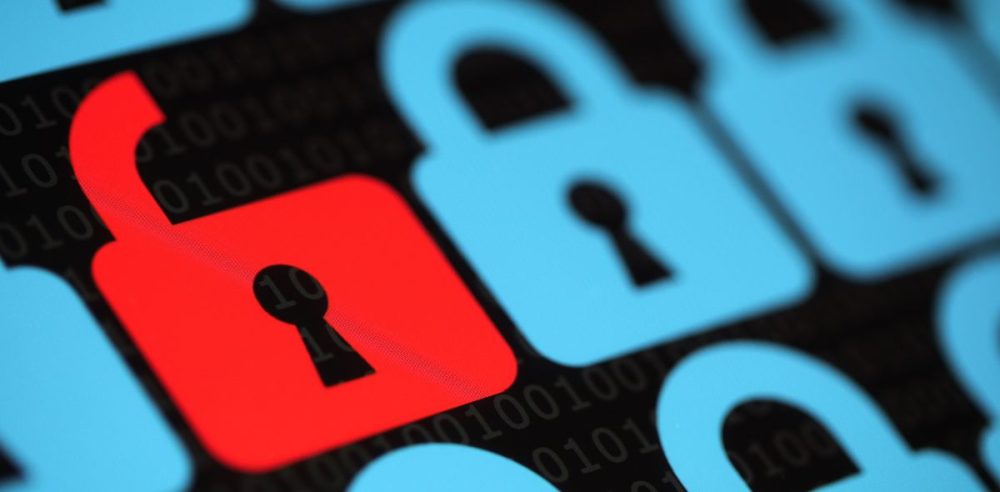Federal Emergency Management Agency is warning California wildfire survivors to be alert for stolen identity fraud and other disaster recovery scams and deceptions.
“Disasters are often opportunities for criminals who attempt to obtain names, addresses and social security numbers to fraudulently gain access to a survivor’s legitimate FEMA grants,” FEMA warned in a news release last month.
The Zweig family, who lost their home and all their possessions in the Palisades fire, found themselves the victims of just such a fraud when they attempted to apply for FEMA assistance. The agent told the family that someone had already filled out the registration using Stefan Zweig’s personal identifying information but with a different phone number and email address.
“It just felt like a gut punch,” Judy Zweig said, per the Los Angeles Times. “It was so frustrating, and it was one more hoop to have to jump through to get any kind of help.”
The Zweigs then filed a claim with FEMA stating that they were victims of identity theft and fraud, but the next day, when they tried again to register for assistance, they were told their address was “locked up,” and they would have to wait for the fraud case to be resolved. According to agency spokesperson Brandi Richard Thompson, the LA Times reported that FEMA could take up to 30 days to review the fraud case and contact the victims with an update.
Although Thompson had no specific statistics on the extent of FEMA fraud, she said, “It’s not uncommon for it to happen after a disaster.”
“The FEMA officer who was trying to do my intake said he had seen five cases of fraud,” Judy Zweig told the LA Times. “This is a rampant problem that FEMA has, and part of it is because you’re allowed to sign up online, and people who want to commit fraud are getting benefits that people like us so desperately need.”
According to Ruben Davila, a USC professor and attorney experienced in litigating fraud cases, government agencies have had to figure out how to efficiently distribute emergency funds to the correct people.
“There have been enough failures that people are emboldened to go ahead and try to commit fraud. If you try and don’t succeed, you’re probably not going to get caught,” he said, per LA Times. “They’d have to identify who fraudulently got the money, track and prosecute it, and the way the federal government works is that it’s almost not worth the time or hassle to go after small amounts of money.”
However, the most recent FEMA fraud scams could be quite lucrative for the fraudsters. Wildfire victims can apply for two main FEMA grant programs, each worth up to $43,600, to cover various expenses, including home repair, lodging, personal property replacement, medical, dental, transportation, and funeral costs.
The deadline for the wildfire victims to apply for assistance is March 10, and Judy Zweig worries that the fraud case will not be resolved by then, causing the family to miss out on any FEMA assistance they would have been qualified to receive. In addition, the family has not been able to apply for assistance from local agencies because they require the applicants to have a valid FEMA case number to apply.
Besides identity fraud, FEMA also warns disaster survivors about other scams, such as FEMA impersonators, phony insurance professionals or contractors, and fake charities. FEMA said that its representatives will always carry a laminated identification badge with a photograph and will have the applicant’s nine-digit FEMA registration number.
“A FEMA shirt or jacket is not proof of identity,” the news release stated.
Davila said that fraudsters and scam artists are “piling tragedy on top of another tragedy.”
“People think because they’re stealing from the government that they aren’t hurting anybody. They are hurting people at a time when people are already hurting,” he said, the LA Times reported.


